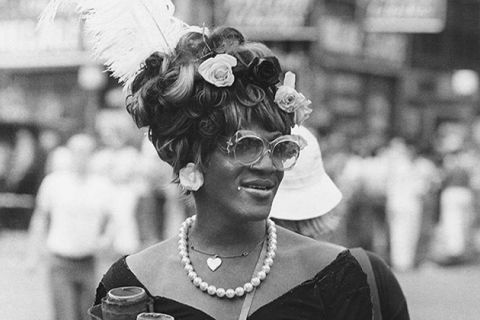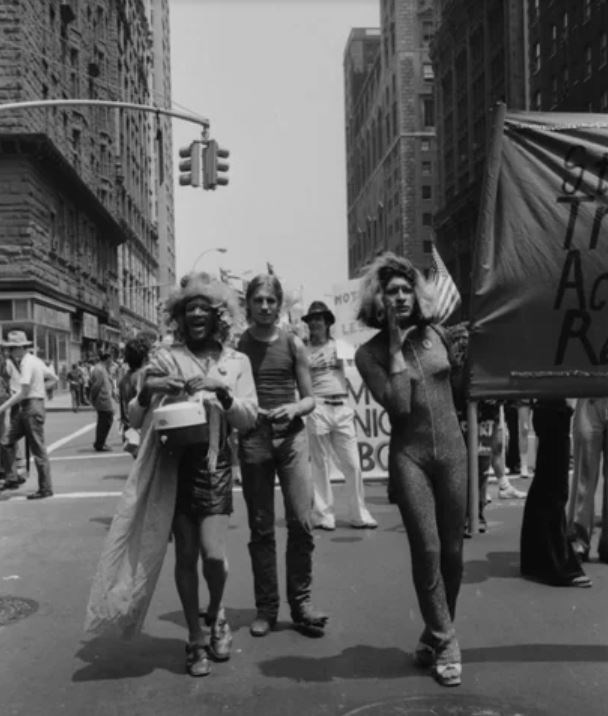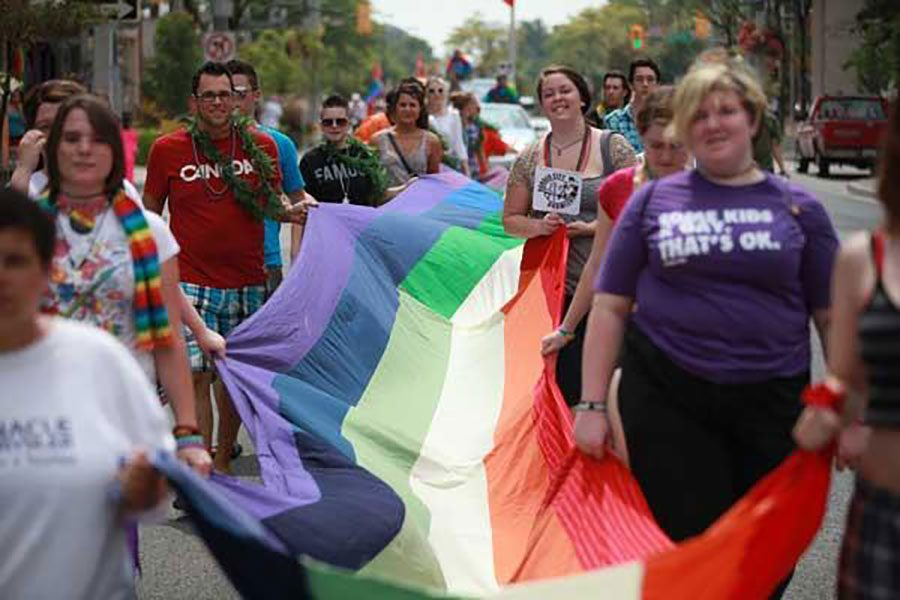Marsha "Pay it no mind" Johnson: A Spotlight on Black Trans Empowerment, and the Beginning of Pride
- Feb 27, 2022
- 3 min read
By: Maddy Evon
As many of you may know, June is pride month, the month where the LGBTQ+ all come together and celebrate the experiences and differences associated with being a part of such a diverse community. However, many people don’t know how pride began, or the countless efforts put in by Black LGBTQ+ activists to get where we are today. We would be remiss not to recognize the Black leaders who were at the forefront of the Stonewall riots, especially as we celebrate these voices during Black History Month now and onward after February.


Marsha P. Johnson was a Black trans woman who spoke tirelessly for not only gay liberation and rights, but many marginalized communities, some of which she was also a part of. She stood at the frontlines of protests against oppressive policing, and further cofounded one of America’s first safe spaces for homeless transgender youth along with close friend Sylvia Reivera. In 1966, Marsha, with $15 in her pockets, moved to Greenwich Village, New York City- a place known for its LGBTQ+ subculture and its fair share of gay bars and nightclubs. These were places where queer individuals found acceptance and community. She legally changed her name and began a new life, saying she was “nobody from Nowheresville.” She worked in the drag industry while living on the streets of NYC, with no permanent home or job, and often found herself turning to less than safe situations to make her living. When asked what the P stood for, Marsha replied with, “Pay it no mind,” a rhetorical answer to whatever questions people had about her, particularly concerning her gender, as she still had prominent masculine features.
Marsha was at the Stonewall Inn, a known gay bar at the time, on June 28, 1969. Police had raided the bar, and performers along with loyal patrons fought back. This resulted in protests following the raid for 6 days. There are many accounts as to what had started the uprising, but what everyone can agree on is the initiative taken by Marsha. Some say it was a shot glass at a mirror, while others may say bags and other heavy objects. The young trans women were fed up with their oppressors, and the fear they faced everyday. Their rage had made them feel as if they had nothing else to lose, because so many of them were in horrible living situations, like Marsha. These riots had sparked movements of trans rights and activism, and was actually what started what we now know as Pride. The first anniversary of the Stonewall riots in 1970 is known as the first Pride Parade (at the time, called The Christopher Street Liberation Day). People gathered across the US in major cities to show their support for the community, and to show that they weren’t backing down.

Marsha P. Johnson and Sylvia Rivera
In the following months, Marsha joined the Gay Liberation Front (GLF) which sought out to protect people of varying sexualities from unjust laws. What Johnson didn’t like however, was how transfolk were never really brought up, especially those struggling with homelessness. The GLF continued to grow with predominantly middle-class, white, cisgendered queer folk, and only supported those they were made up of. It was soon after that when her and her dear friend Rivera founded the Street Transgender Action Revolutionaries (formerly “Street Transvestite [an outdated and offensive term] Action Revolutionaries”) or STAR in 1970. STAR was a safe haven for young transfolk seeking shelter and their deserved equality. Marsha had the reputation to be a kind soul, offering what little clothing and food she had to those she saw needed it.
Throughout Marsha’s life, she was a voice for herself and others she could relate to. As a Black trans woman, she dealt with multitudes of hate, and had little opportunity for the same successes of her white, cis counterparts. Though she was beaten, arrested, and harassed by people meant to protect her, Marsha had accomplished so much for the rights of Black queer and trans folk, sex workers, prisoners, and people with HIV/AIDS. On July 6, 1992, Marsha’s body was discovered floating in the Hudson River. Though friends and family strongly disagreed, the police ruled her death as a suicide, and did not further investigate her case. Trans people, specifically trans people of colour, are regular targets for hate crimes, and it is likely Marsha was a victim. At her funeral, hundreds of people filled the church, and even spilled into the streets. Marsha “Pay it No Mind” Johnson continues to be an icon, and legend to the LGBTQ+ community, especially the transgender community. She truly had a massive impact on queer rights, and deserves to be talked about now and in the future.





Comments